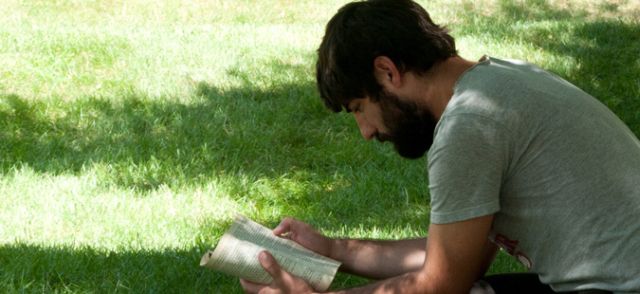
History Faculty Publications
Document Type
Article
Publication Date
Spring 2013
Publication Source
Journal of Historical Biography
Abstract
The concerns expressed in Burns Wieck’s letter to Hapgood typify many of the issues that occupied her during the course of her life. She, like many Americans in the early twentieth century, thought that there were economic disparities as well as great cultural divisions between the working and middle classes in a capitalist system. Burns Wieck worried about how nature and environment shaped physical and emotional existence for her as a woman and as a worker.4 A question she asked about childbirth in her letter—“Why, oh why, can’t they find some way to humanize that experience?”—is one that she might have equally applied to the problems I focus on in this piece.
Though she would not have articulated them in the ways I do here, other issues were clearly on her mind: How did working-class and middle-class differences manifest themselves corporeally? What accounted for these differences and how were they cultivated and understood? How did class mark Burns Wieck’s body and mind? I argue that it was only when she came into contact with the middle-class and elite women working in the Women’s Trade Union League who witnessed the signs of her physical and emotional illnesses that she began to come to terms with her disabilities, even finding liberation in divulging information about them.
She quickly became aware, however, that disclosing how poverty afflicted her could actually alienate her newfound friends. So Burns Wieck chose instead to conceal the weaknesses of class by highlighting the more acceptable weaknesses of gender.
Inclusive pages
123-163
ISBN/ISSN
1911-8538
Document Version
Published Version
Copyright
Copyright © 2013, Journal of Historical Biography
Publisher
University of the Fraser Valley
Volume
13
Place of Publication
British Columbia, Canada
Peer Reviewed
yes
eCommons Citation
Merithew, Caroline Waldron, "Navigating Body, Class, and Disability in the Life of Agnes Burns Wieck" (2013). History Faculty Publications. 48.
https://ecommons.udayton.edu/hst_fac_pub/48



Comments
The Journal of Historical Biography ceased publication in 2014; view its archives here. The document available for download from this repository is provided in compliance with the journal's open-access policy and the Creative Commons Attribution License 3.0.